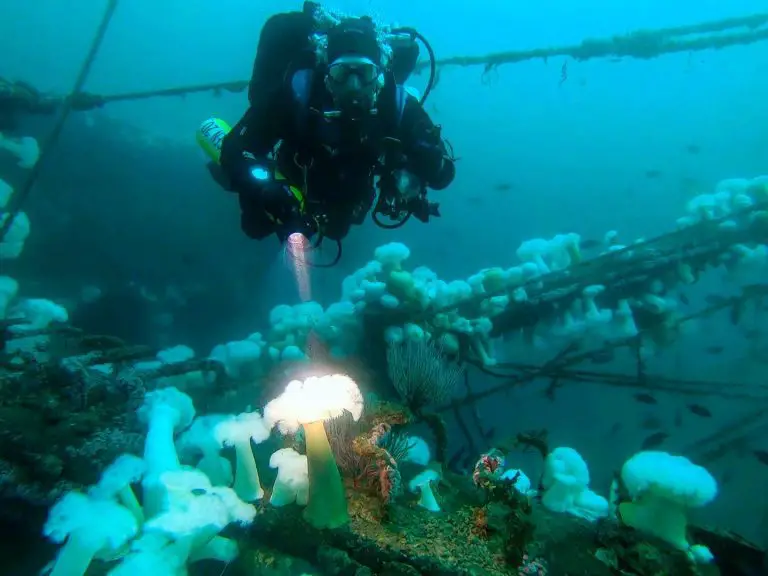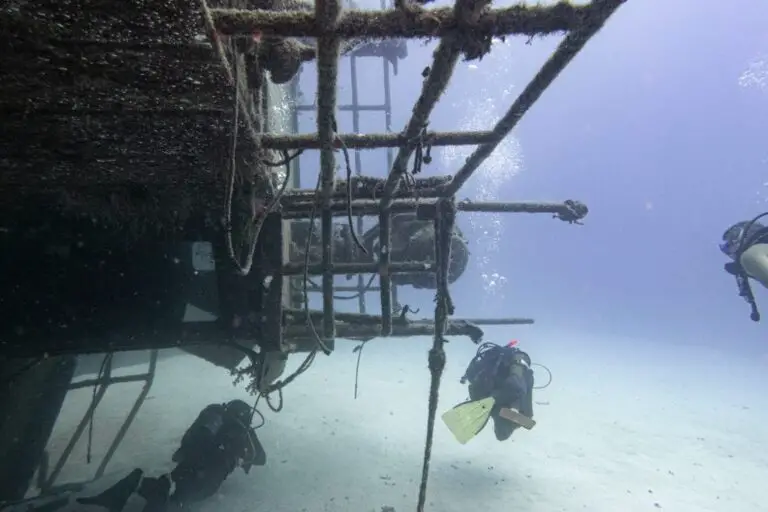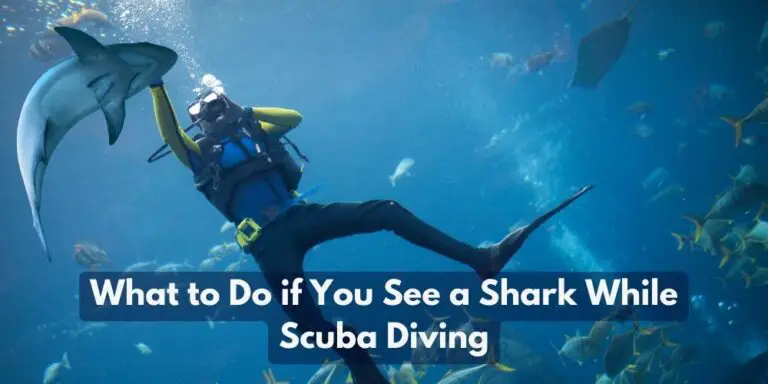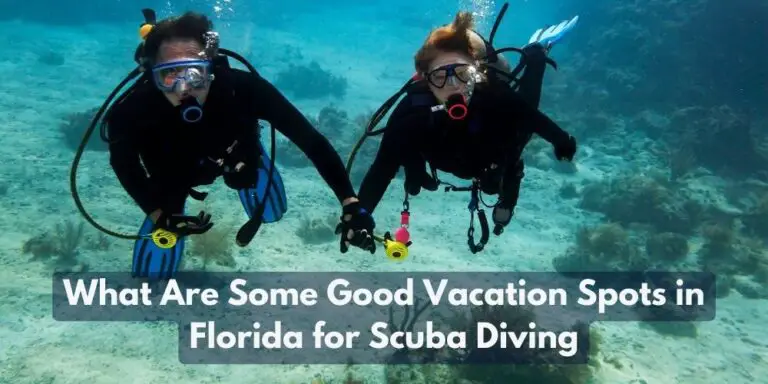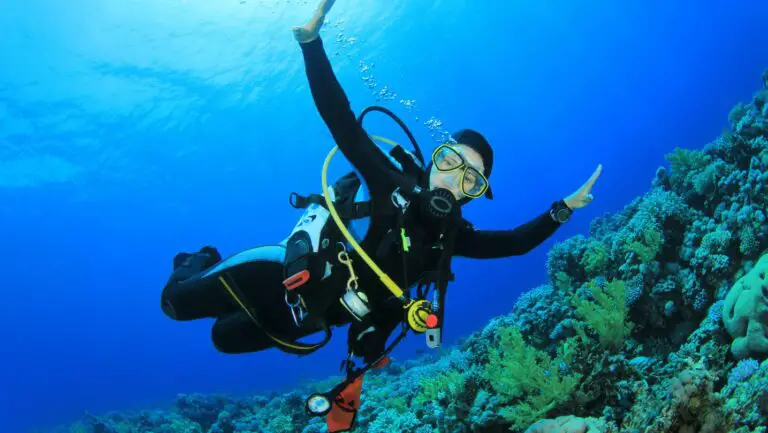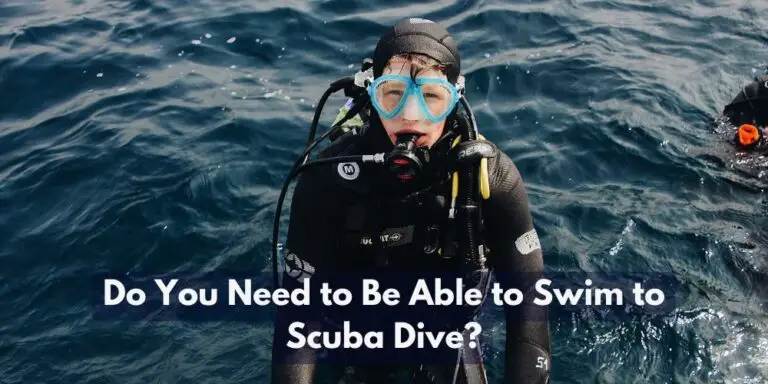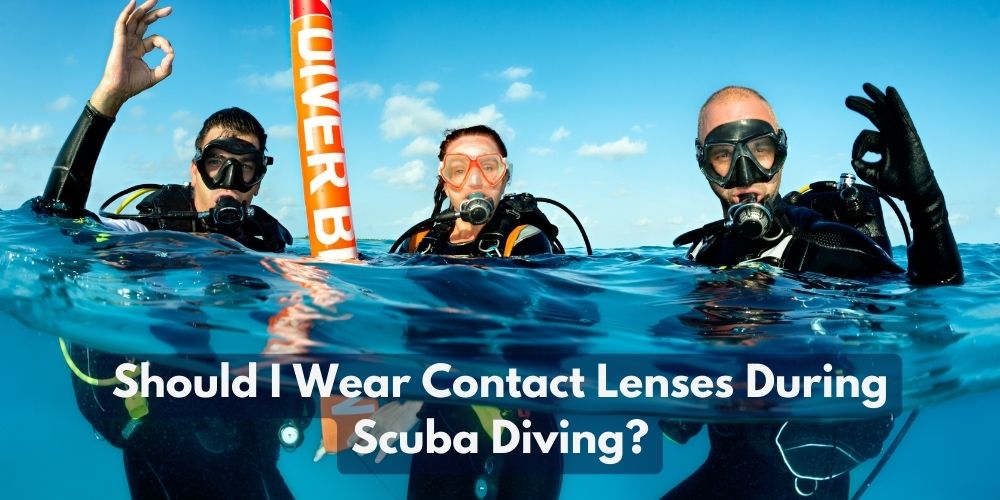
Scuba diving is a popular recreational activity that allows individuals to explore the underwater world. Maintaining clear vision is crucial for a fulfilling diving experience, but for those who require vision correction, wearing contact lenses underwater poses unique challenges. In this blog post, we’ll explore the importance of clear vision during scuba diving and discuss the potential risks and alternatives to wearing contact lenses. By the end, you’ll have the information needed to make an informed decision about your eye care while diving. Let’s dive in!
Should I Wear Contact Lenses During Scuba Diving?
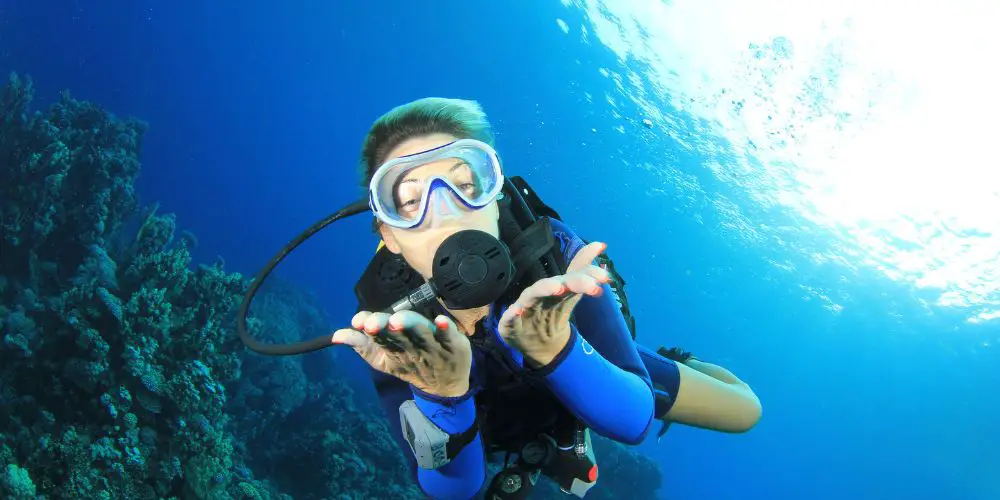
Yes, you can wear contact lenses during scuba diving, but it’s essential to consider certain factors before making that decision. Water pressure, the risk of lens loss or damage, and potential discomfort or irritation should be taken into account.
Consulting with an eye care professional is highly recommended to assess your suitability. In the following section, we’ll delve into the potential risks involved and discuss precautions you can take when wearing contacts underwater.
Potential Risks and Precautions
Wearing contact lenses while scuba diving carries certain risks that should be considered. These include an increased risk of infection or eye damage and challenges with cleaning and maintaining lenses underwater.
To minimize these risks, it is important to consult with an eye care professional, consider daily disposable lenses, and practice proper care and hygiene. Alternatively, prescription dive masks and corrective lenses for diving masks are viable options.
These alternatives offer customization and clear vision, but they come with varying costs and may differ in comfort. By taking precautions and exploring alternatives, you can make an informed decision for a safe and optimal diving experience.
Alternatives to Contact Lenses
While wearing contact lenses during scuba diving poses challenges, there are alternative options available to ensure clear vision underwater. In this section, we will explore two popular alternatives: prescription dive masks and corrective lenses for diving masks.
Prescription dive masks are custom-made masks with built-in corrective lenses tailored to your specific vision prescription. These masks eliminate the need for contact lenses or glasses while diving, providing a convenient and effective solution for divers with visual impairments. The lenses are typically made of tempered glass, offering durability and clarity.
On the other hand, corrective lenses for diving masks involve attaching removable lenses to a standard diving mask. These lenses are available in different strengths and can be easily swapped or adjusted based on individual needs. This option offers flexibility, as you can use the same mask for both diving and regular swimming activities.
When considering alternatives to contact lenses, it’s important to weigh the pros and cons of each option. Let’s take a closer look:
Prescription Dive Masks
Pros:
-
-
- Custom-made to your specific prescription for optimal vision correction.
- Integrated lenses eliminate the need for additional eyewear, providing convenience.
- Enhanced clarity of vision compared to wearing contact lenses underwater.
-
Cons:
-
-
- Custom masks can be more expensive than standard masks.
- Limited availability at dive shops, requiring special ordering or customization.
- It may take time to adjust to a new mask fit and feel.
-
Corrective Lenses for Diving Masks:
Pros:
-
-
- Flexibility to use the same mask for diving and other water activities.
- Cost-effective option compared to prescription dive masks.
- Easy to swap or replace lenses based on changes in visual prescription.
-
Cons:
-
-
- Lenses may not provide the same level of customized vision correction as prescription dive masks.
- Risk of misalignment or dislodgment of lenses during dives, affecting clarity of vision.
- Additional maintenance and care required for the lenses and mask assembly.
-
Ultimately, the choice between prescription dive masks and corrective lenses for diving masks depends on personal preferences, budget, and the severity of your visual impairment. Consulting with an eye care professional or visiting a reputable dive shop can provide valuable guidance in selecting the best option for your specific needs.
Overall, alternative options such as prescription dive masks and corrective lenses for diving masks offer viable alternatives to wearing contact lenses during scuba diving. By considering factors like cost, convenience, customization, comfort, and clarity of vision, you can make an informed decision that ensures optimal visual correction and an enjoyable diving experience.
FAQs: Wearing Contact Lenses During Scuba Diving
Can contact lenses be used underwater?
No, wearing contact lenses underwater, including during scuba diving, is not recommended. The lenses can absorb water, potentially trapping harmful pathogens against your eyes, leading to infection or irritation.
Can you wear contacts with a dive mask?
Yes, it is possible to wear contacts with a dive mask. However, you need to be cautious about flooding your mask, as this can dislodge or damage the lenses.
Can contact lenses touch seawater?
It is not advisable to open your eyes underwater, especially in seawater, when wearing contact lenses. Seawater can cause the lenses to tighten and make them difficult to remove, potentially damaging the cornea in the process.
Final Thoughts
Overall, wearing contact lenses during scuba diving poses risks to eye health and the overall diving experience. Alternative options like prescription dive masks and corrective lenses for diving masks provide safer alternatives.
It is crucial to make an informed decision based on individual circumstances, prioritizing eye health and safety. Consulting with professionals can offer valuable guidance.
Ultimately, choosing alternative methods for vision correction ensures optimal clarity and an enjoyable diving experience. Dive safely and protect your eyes while exploring the underwater world.

